#longmane
Explore tagged Tumblr posts
Text

Profesional Jelousy, 1947 by Joanne Pemberton-Longman (English, 1918–1973)
527 notes
·
View notes
Text

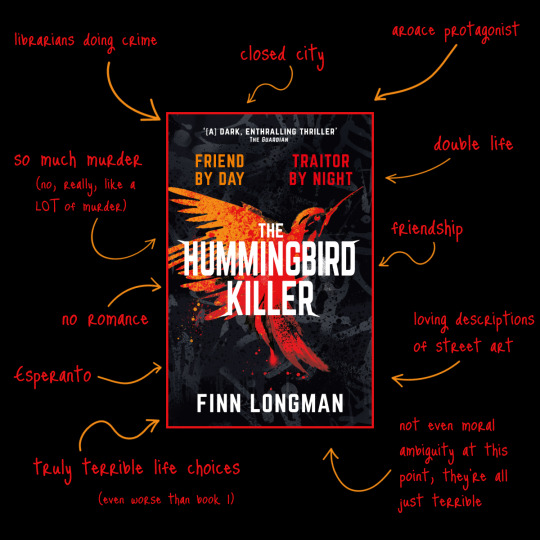

Introducing: Moth to a Flame, the final book in my trilogy about a traumatised teenage assassin trying (and mostly failing) to live a normal life in a fictional closed city in Yorkshire. And also in Leeds, as this graphic suggests 😆 Sorry, that's sort of a spoiler for THK...
I figured I'd give you all three of these graphics so you can get a sense of the overall vibes of the trilogy. And so you know why I'm still using this overly cutesy font, because 2022!me made this decision and I guess I'm sticking with it. I know most people use these graphics to label tropes you'll find in the book, but aside from "found family", I'm not sure any of these really count as tropes. (New trope: Yorkshire?) You can also tell I've been getting steadily worse at marketing since 2022. Or maybe better. Who's to say, really.
(Yes, it does annoy me that the arrows for book one go in the opposite direction. No, not enough to re-make the whole thing.)
And if you're wondering what constitutes "considerably less murder"... I tried to track the body count of THK, and lost count at around 50. MTAF, by contrast, has, like ... 3 murders? Very different vibe. THK was when I broke everything and MTAF is where I slowly start putting it back together. This is the Bucky Barnes Recovery Fic of the series. We're talking grief, grappling with trauma, learning to be a person again, finding solidarity with others who've been messed up by the military and the arms industry, possibly joining a support group full of gay communists, and ultimately, realising that sometimes it's not enough to escape, because the whole system needs to be dismantled to stop it from hurting anyone else. I'm terrified no one will like it because they're here for the violence, but it was important to me to write it this way.
It's coming in May! You can preorder it now! And if you haven't read the first two books, you've got a perfect amount of time to buy and read those ahead of book 3's release to minimise cliffhanger agony.
Also: it still contains Esperanto, street art, no romance, an aroace protagonist, and bad life choices. I just figured those were a given at this point and didn't put them on the graphic.
291 notes
·
View notes
Text
I've never been big on heroic literature, personally, and Cú Chulainn is one of those figures that I didn't really have any strong feelings for, whether positive or negative or whether we're talking from the perspective of being a polytheist or literature nerd. Gimme cosmological myth and folklore instead, pls.
But right now I'm writing a term paper on the ways in which Cú Chulainn actually defies the traditional hypermasculine power fantasy dude hero and he's SO MUCH MORE INTERESTING THAN I THOUGHT???
If you're curious, I highly recommend checking out at least the following:
Sarah Erni, "Inside Out...And Upside Down: Cú Chulainn and his riastrad" (JStor)
Jeremy Lowe, "Kicking Over the Traces: The Instability of Cú Chulainn" (JStor)
KimMcCone, "Aided cheltchair maic uthechair: Hounds, Heroes and Hospitallers in Early Irish Myth and Story" (JStor)
@finnlongman's thesis, "What Manner of Man Is This Hound? Gender, Humanity and the Transgressive Figure of Cú Chulainn" (available for free on his personal site, go check it out, my own little trans heart went 😍!!!)
The first three can be found on JStor with a free account, which gives you 100 articles/month.
#funny story i was reading finn longman's article while at the dog park and someone's tiny whippet came streaking up to me and#leapt right into my lap which promptly got muddy pawprints all over the page#and it's like. well. if i had to get dog prints on any academic subject...#hound goes to school#hound barks
48 notes
·
View notes
Text

Philip Pare - God Made the Devil? (A Ministry of Healing) - Darton, Longman and Todd - 1976
#witches#ministers#occult#vintage#god made the devil?#a ministry of healing#god#devil#ministry#healing#darton longman and todd#philip pare#1976#imposition
38 notes
·
View notes
Photo
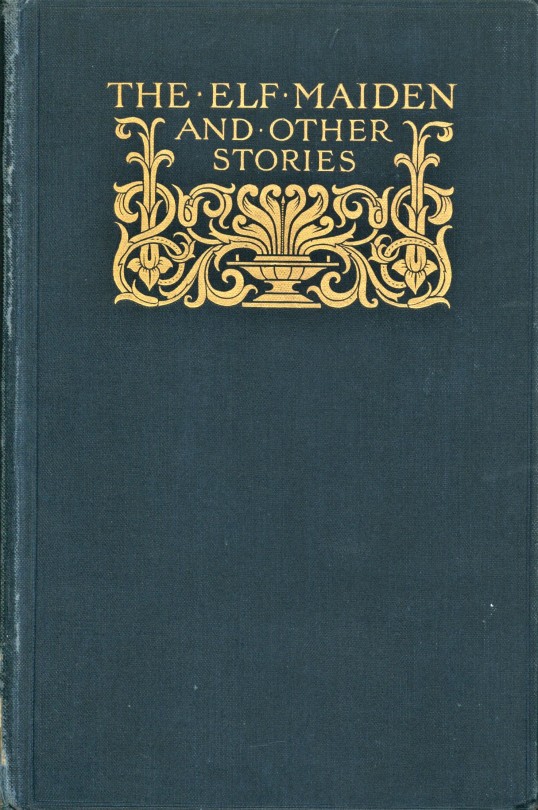

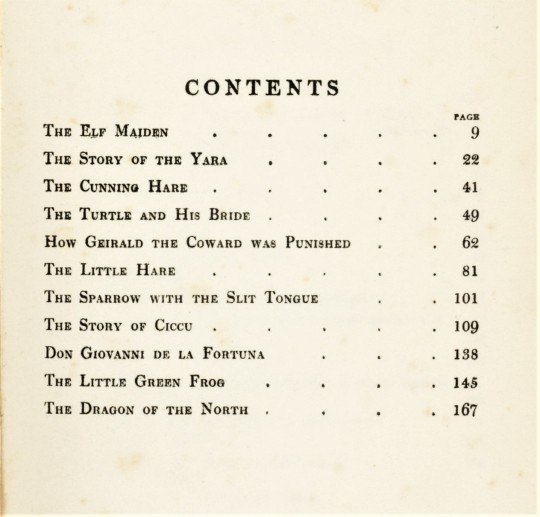

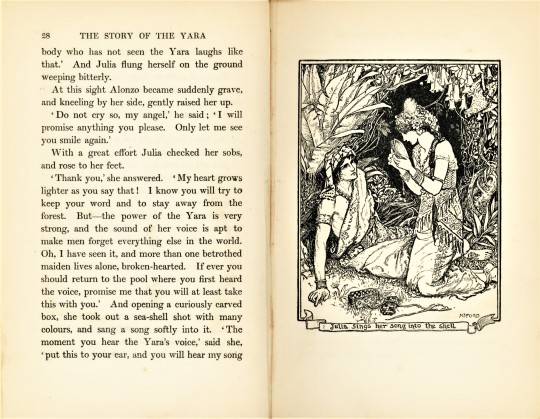


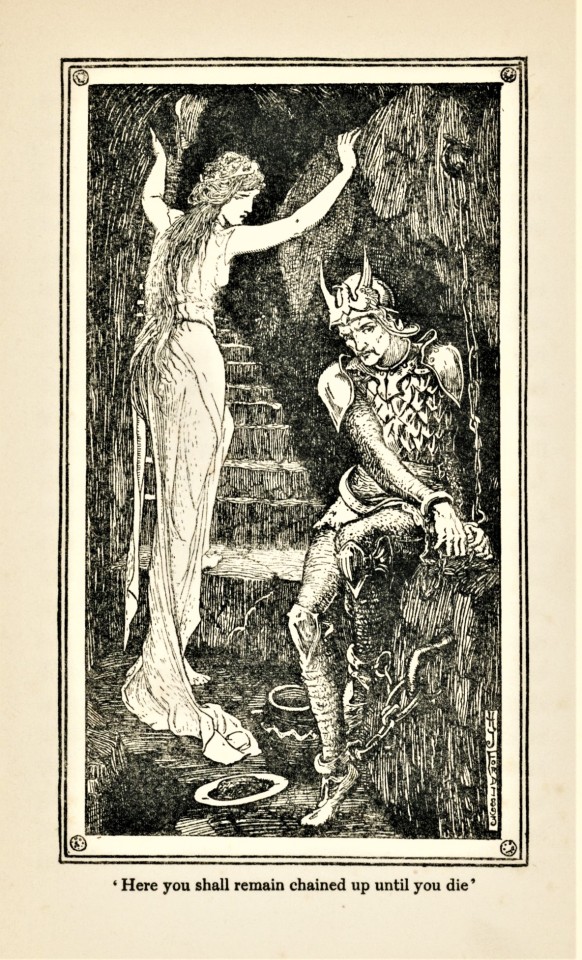
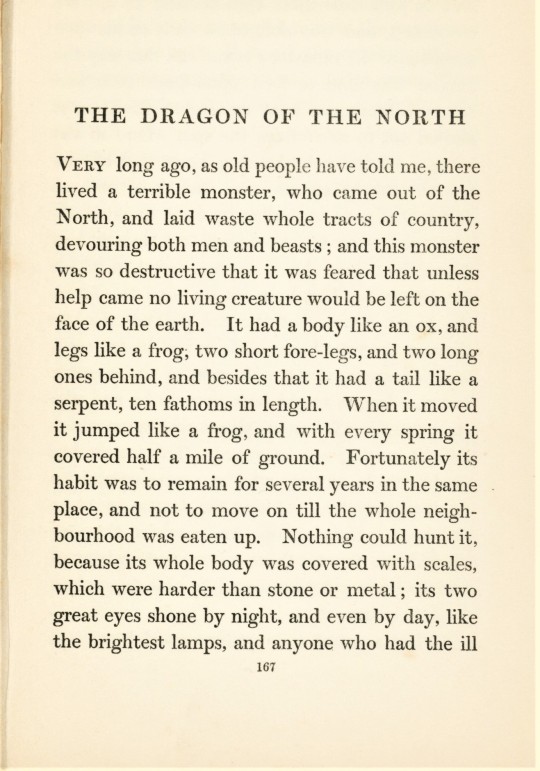

Andrew Lang Fairy Stories
With this semester - and my internship - coming to a close, I wanted to hop back into my wheelhouse for the remainder of my time in Special Collections.
The Elf Maiden: And Other Stories is a collection of eleven tales edited by Scottish poet and novelist Andrew Lang (1844-1912) and illustrated by Henry J. Ford (1860-1941). The book was first published in London and New York by Longmans, Green, & Co. in 1906. The stories in this edition first appeared in three of Lang’s popular “Coloured" Fairy Books: The Yellow Fairy Book (1894), The Pink Fairy Book (1897), and the The Brown Fairy Book (1904). Lang’s Fairy Books were a series of 24 children’s fairy tales, the most popular being the 12 Coloured" Fairy Books, that Lang’s wife, Leonora Blanche Alleyne (1851-1933) helped collaborate and translate.
Lang was considered to be one of the most versatile writers of his time. While he was a poet, historian, journalist, and critic, he was best known for his publications on folklore, mythology, and religion. Lang took an interest in folklore at a young age; he read John Ferguson McLennan before going to Oxford and was heavily influenced by Edward Burnett Tylor.
Henry J. Ford was a prolific and successful English artist and illustrator. While he began exhibiting with historically-themed paintings and beautiful landscapes at the Royal Academy of Art in 1982, it was his contributions to illustrated books that raised him to fame. I was excited to find that he was most famous for the illustrations he provided for Lang’s popular Fairy Books, which captivated an entire generation of children in Britain; these books saw translations and republications during the 1880’s and 1890’s.
View more posts on books by Andrew Lang.
View more posts on fairy tales.
View more posts from our Historical Curriculum Collection.
-- Elizabeth V., Special Collections Undergraduate Writing Intern
#Fairy Tales#Andrew Lang#The Elf Maiden#Henry J. Ford#Longmans Green & Co.#Lang's Fairy Books#Andrew Lang's“Coloured" Fairy Books#folktales#children's books#Historical Curriculum Collection#Elizabeth V.
673 notes
·
View notes
Text
March 2025 Deal Announcements
Adult Fiction Lev Rosen‘s THE DISASTER GAY DETECTIVE AGENCY, a contemporary humorous mystery, in which a group of queer friends, each a loveable disaster in their own way, accidentally get mixed up in a bewildering murder and must solve it before one of them becomes the next victim, to Jenna Jankowski at Poisoned Pen Press, at auction, in a two-book deal, by Joy Tutela at David Black Literary…
#Allison Saft#Bori Cser#Chip Pons#Cole Nicole LeFavour#Dearly Departed#Decomposition Book#Dr. Kirby Conrad#Finn Longman#Grand Chemidlin#Hayley Kiyoko#How She Fell#How to Nonbinary a Language#In the Middle of a Better World#Kai Conradi#Lindsay King-Miller#Patricia Nelson#Rebecca Barrow#Ryan Douglass#Sara van Os#Slashic Horror Press#Susan J. Morris#Tess Sharpe
24 notes
·
View notes
Text
can’t believe mortimer sark didn’t get to wallop ian ryans over the head with a woodworking safety manual…
#posts that have a small target audience#the butterfly assassin#man the ending of that book fucked me up (complimentary)#love when authors are not afraid to Go There#finn longman#lulu speaks#lulu reads#lulu reads the butterfly assassin#books
11 notes
·
View notes
Text
fixation so bad i stumbled upon a dinosaur named mexidracon LONGIMANUS and immediately thought of langemann,,,like,, longman,,,,get me out of this prison
#kaptein sabeltann#ig😭😭#captain sabertooth#merko talks#langemann#his name isn't even longman in English but hey i still made the connection
8 notes
·
View notes
Text

Evelyn Beatrice Longman
L'Amour, 1915
Source
24 notes
·
View notes
Text
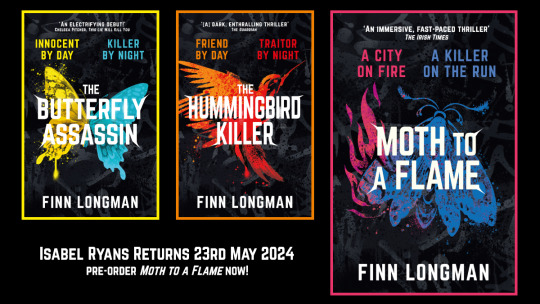
You gotta admit, they look pretty good together.
This is my YA trilogy about a traumatised teenage assassin trying and failing to live a normal life in a fictional closed city in Yorkshire. If you've been looking for YA with no romance, morally ambiguous (or outright terrible) characters, tons of murder, revolutionary librarians, poison, Esperanto, loving descriptions of street art, and varying degrees of critique of the military and the arms industry (from subtle to overt as the trilogy continues), then this might be the series for you. The Butterfly Assassin and The Hummingbird Killer are out now; Moth to a Flame will be released on 23rd May. Full details of all of them are on my website.
146 notes
·
View notes
Text

11 notes
·
View notes
Text
91. Nothing is True and Everything is Possible: Peter Pomerantsev's adventures in modern Russia.
Plus some links at the bottom. The vast majority of my writing here is free to read and will remain so, but if you enjoy these sorts of posts, your support on Patreon or as a paying subscriber through WordPress is what subsidises me to write more of them. You can also find me on BlueSky. If you enjoy reading this, please share it! Cover image of the book in question. A black-and-white image of…
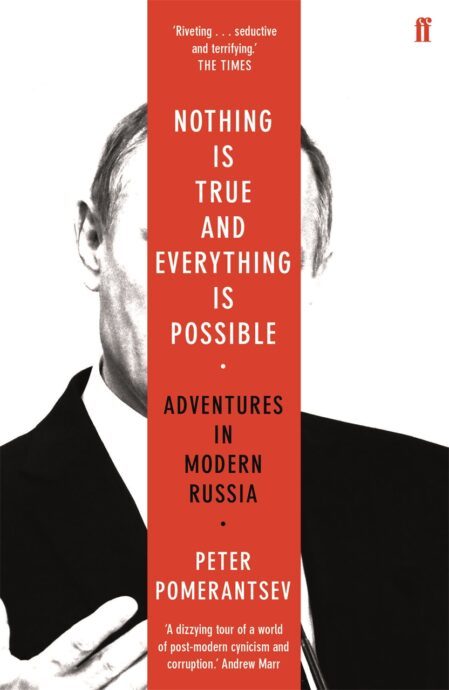
View On WordPress
#book reviews#books#Bret Devereaux#current affairs#Finn Longman#Heather Rose Jones#history#Peter Pomerantsev
3 notes
·
View notes
Text

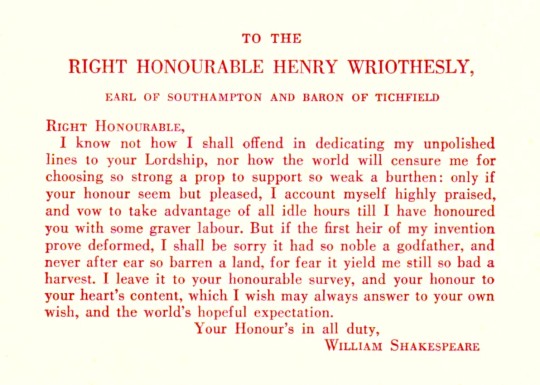
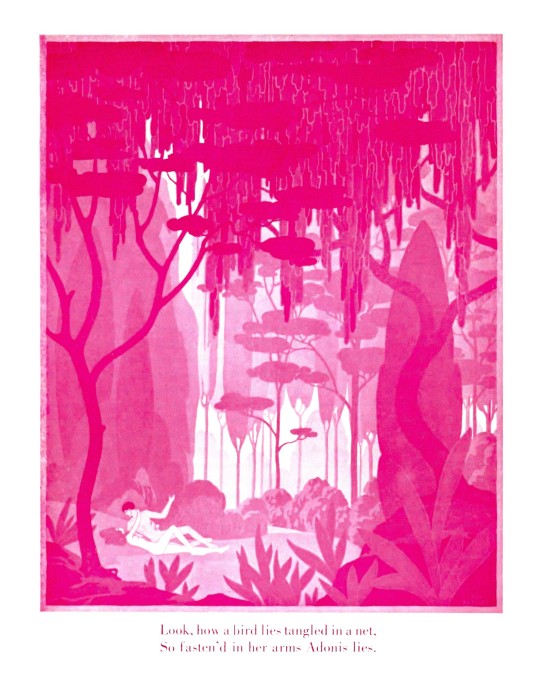
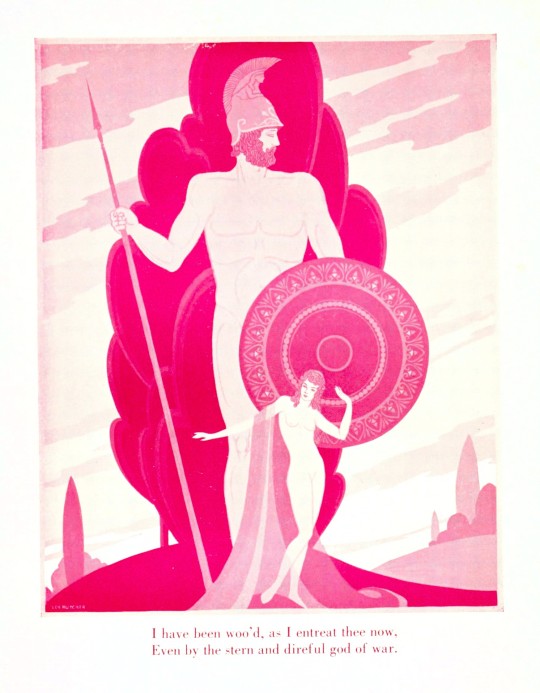

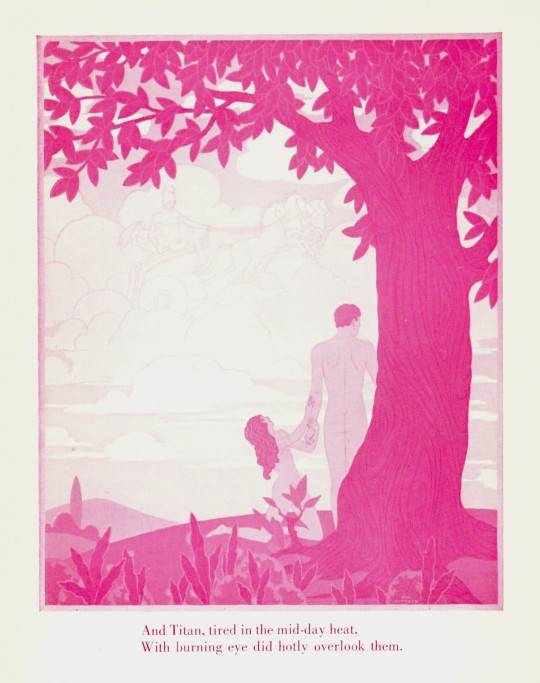

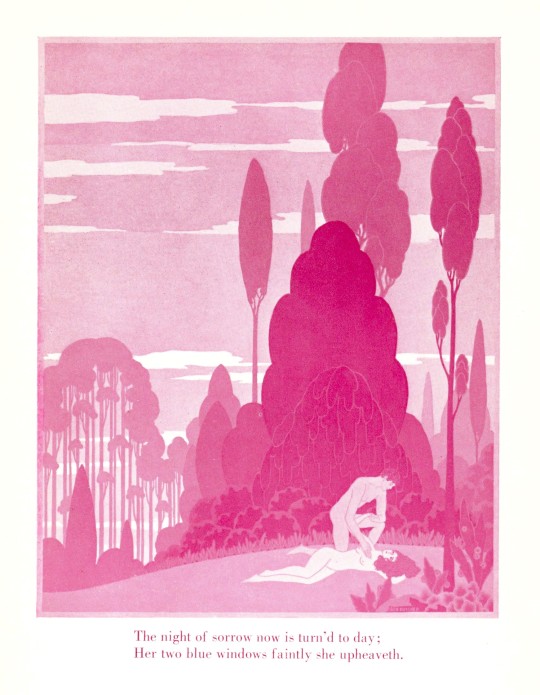





Love in Antiquity
To coincide with Valentine's Day, who's better to represent this holiday than the Roman goddess of love and sex? This is the 1930 edition of William Shakespeare's Venus and Adonis, published in New York by The Dial Press and in Toronto by Longmans Green & Company, with illustrations by Ukrainian-American artist and book illustrator Ben Kutcher (1895-1967). The narrative poem Metamorphoses, by the Latin poet Ovid (43BC-17/18AD), served as Shakespeare's inspiration for his own poem. In Ovid's work, Venus is a central figure, often depicted as a powerful and passionate deity. This influence can be seen in Shakespeare's portrayal of Venus.
In Shakespeare's work, the character of Venus is rendered as a sensuous and uninhibited woman who desires the beautiful mortal Adonis. She is described as being focused on making love to him, using explicit language to express her yearning. This choice of language is significant as it reflects the strength of Venus' emotions and challenges the societal norms of the time. Kutcher's illustrations bring the poem to life, capturing the raw passion and intensity of Venus's desire for Adonis in a way that complements Shakespeare's vivid language.
William Shakespeare dedicated this poem to Henry Wriothesley (1573-1624), the third earl of Southampton, the sole person to whom Shakespeare ever dedicated any of his work. He was both a friend and patron of Shakespeare, believed by some scholars to be the same person referred to as the "fair youth" in Shakespeare's sonnets.
-Melissa, Special Collections Classics Intern
View posts from Valentine's Days past.
View other Classics posts.
#St. Valentine's Day#Valentine's Day#classics#william shakespere#shakespeare#Venus and Adonis#ben kutcher#The Dial Press#Longmans Green & Company#Henry Wriothesley#romance#lovers#love#roman goddess#classical mythology#roman mythology#venus#adonis#antiquity#Melissa
60 notes
·
View notes
Text
Having had the privilege of borrowing the trilogy from my local library, I finally have my own copies.

3 notes
·
View notes


